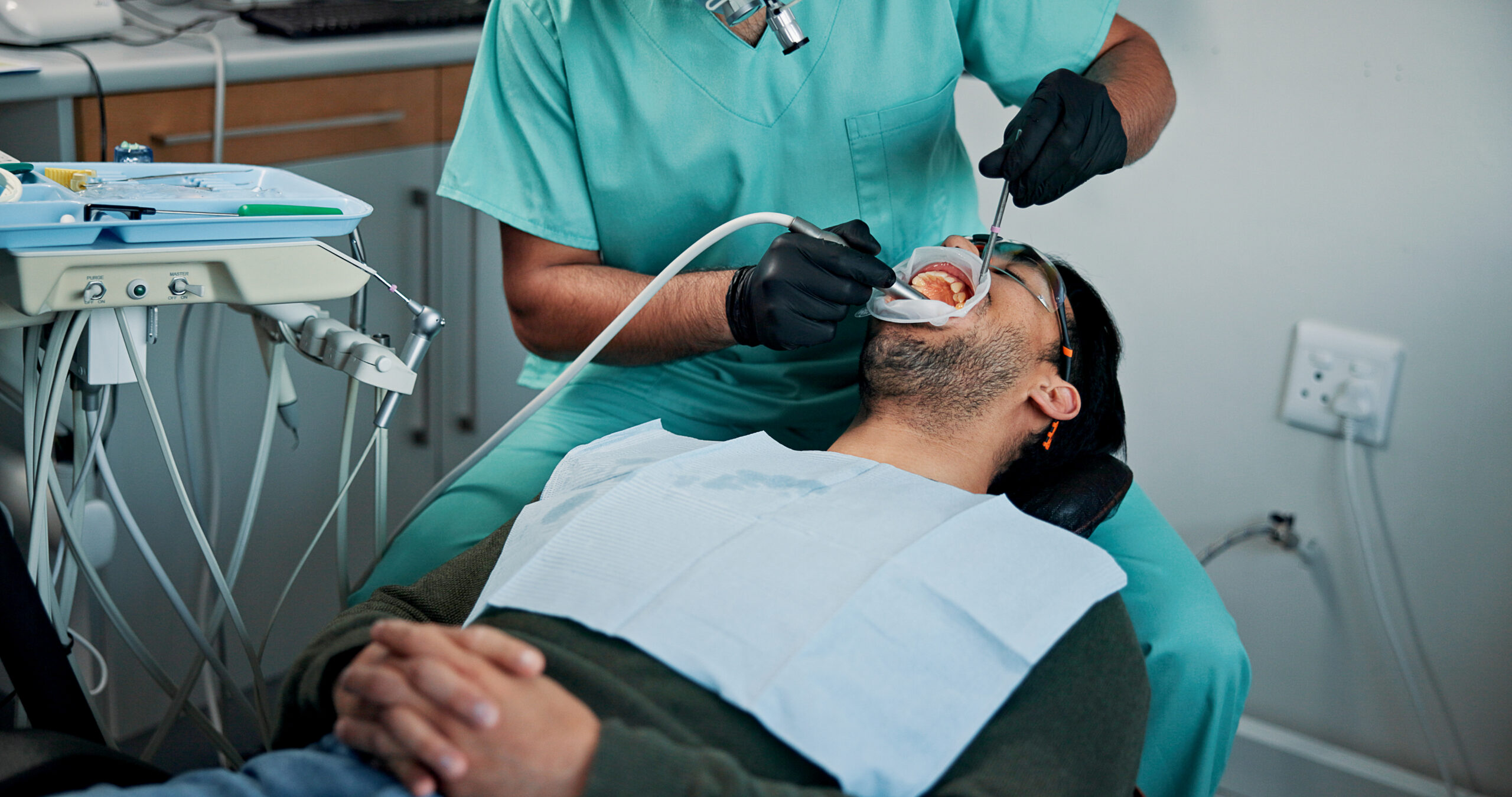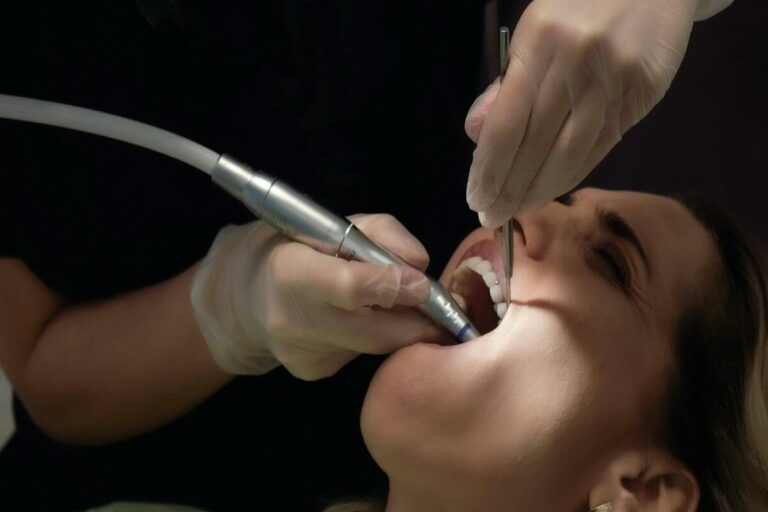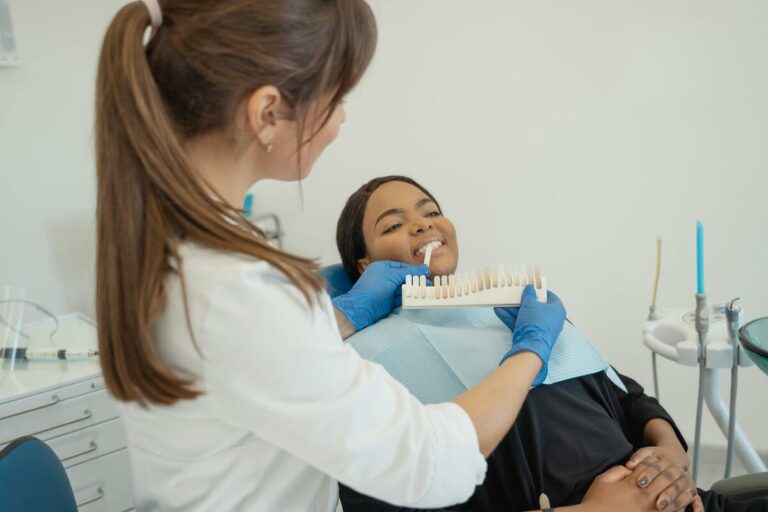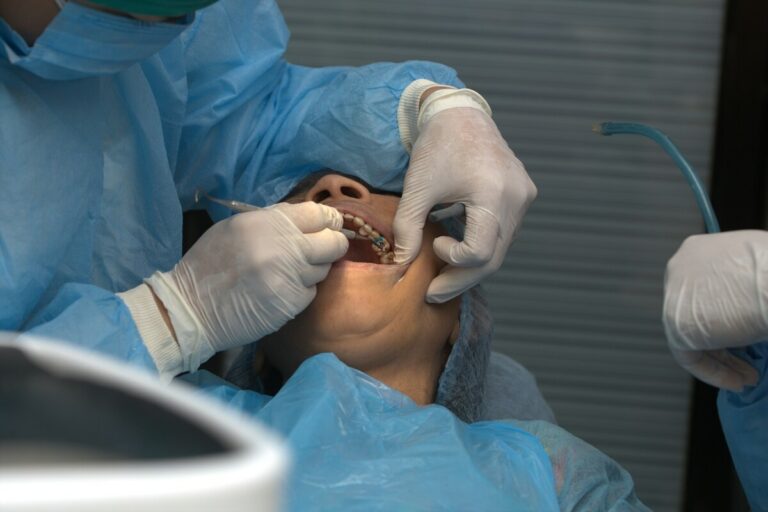Tooth Extraction in Cherry Hill: Complete Recovery Guide and Local Expert Care
Tooth extraction may sound intimidating, but understanding what happens during your recovery can ease anxiety and help you heal faster. Whether you need a simple extraction for a damaged tooth or surgical removal of wisdom teeth, knowing what to expect day by day transforms an uncertain experience into a manageable healing journey.
Modern extraction techniques have made procedures more comfortable and precise than ever before. Initial healing typically occurs within 1-2 weeks, while complete recovery takes 3-6 months as your bone naturally remodels. At [Company], we guide patients through every step of recovery, ensuring you feel confident and informed about your healing process.
Cherry Hill patients have access to experienced oral surgeons who use advanced techniques and provide comprehensive aftercare instructions. Understanding your recovery timeline, recognizing normal healing signs, and knowing when to seek help creates the foundation for successful extraction outcomes.
Tooth Extraction Recovery Timeline: What to Expect Day by Day
Your extraction recovery follows a predictable pattern, though individual healing varies based on extraction complexity, your age, and overall health. Understanding each phase helps you recognize normal healing and provides reassurance during the process.
The healing process begins immediately after extraction with blood clot formation, progresses through tissue maturation over several weeks, and completes with bone remodeling over months. Peak discomfort typically occurs days 2-3, with significant improvement by one week.
Day 1: Blood Clot Formation and Initial Healing
A protective blood clot forms immediately in your extraction site, serving as nature’s bandage to stop bleeding and protect underlying bone. This clot is crucial for proper healing, so avoiding activities that create suction – like using straws, spitting forcefully, or smoking – protects this delicate foundation.
You’ll likely experience some bleeding for the first few hours, which is completely normal. Gentle pressure with clean gauze helps control bleeding, while keeping your head elevated reduces swelling. Pain medication works most effectively when taken before your anesthesia wears off completely.
Days 2-7: Managing Swelling and Supporting Healing
Pain typically peaks within 24-48 hours before gradually subsiding. Swelling may increase through day two before beginning to decrease. Ice packs applied for 15-20 minutes at a time during the first 48 hours help minimize swelling and provide comfort.
By day 5-7, new tissue begins filling your extraction site. You may notice the area looking different as healing tissue forms – this granulation tissue appears slightly raised and reddish-pink. At [Company], we reassure patients that this appearance indicates healthy healing progression.
Gentle saltwater rinses starting 24 hours post-extraction help keep the area clean without disturbing the clot. Avoid vigorous rinsing or brushing directly over the extraction site during this critical healing period.
Weeks 2-4: Tissue Maturation and Return to Normal
Soft tissue fills most of your extraction site during week two, allowing you to gradually return to normal activities. The granulation tissue strengthens and begins maturing into more permanent healing tissue. Most patients feel comfortable resuming regular daily activities by the two-week mark.
Your extraction site continues remodeling over the following weeks. While surface healing appears complete, deeper bone healing continues for several months. This extended healing timeline explains why dental implant placement often waits 3-6 months after extraction.
Types of Tooth Extractions: Simple, Surgical, and Wisdom Teeth
Understanding extraction types helps you prepare appropriately and set realistic recovery expectations. Modern oral surgery offers various techniques tailored to your specific situation, from minimally invasive simple extractions to advanced surgical approaches.
Simple Extractions: When and How They’re Done
Simple extractions work for visible, accessible teeth using local anesthesia only. Your oral surgeon uses specialized instruments called elevators and forceps to gently loosen and remove the tooth. The procedure typically takes 15-30 minutes with recovery lasting 2-3 days.
These extractions suit teeth that are fully erupted and not extensively damaged. The straightforward approach means less tissue trauma and faster healing compared to surgical methods.
Surgical Extractions: Complex Cases and Advanced Techniques
Surgical extractions become necessary for impacted, infected, or severely broken teeth. This approach may involve removing some bone around the tooth or sectioning the tooth for easier removal. Recovery typically extends 7-10 days with more comprehensive aftercare requirements.
Modern techniques include laser-assisted extractions and piezosurgery, which use ultrasonic vibrations for enhanced precision. These advanced methods often reduce trauma to surrounding tissues, potentially shortening recovery time.
Wisdom Teeth Extractions: Special Considerations
Wisdom teeth commonly require surgical extraction due to impaction or insufficient space for proper eruption. These third molars may be partially or completely impacted, requiring incisions and sometimes bone removal for access.
Recovery from wisdom tooth extraction varies significantly based on impaction severity and position. Lower wisdom teeth often involve longer recovery periods due to their proximity to nerves and the jaw’s dense bone structure.
Preventing Dry Socket and Other Complications
Dry socket affects approximately 3% of routine extractions but increases to 30% for surgical mandibular wisdom teeth. This painful condition occurs when your protective blood clot dislodges or dissolves prematurely, exposing underlying bone and nerves.
Essential Prevention Strategies
Avoiding suction for at least one week protects your healing clot. This means no straws, aggressive spitting, or smoking – with smoking being the most significant risk factor for dry socket development. Gentle oral hygiene prevents bacterial buildup without disturbing healing tissues.
Limiting physical activity initially reduces bleeding risk and supports proper clot formation. Following your oral surgeon’s specific activity restrictions, which typically include avoiding heavy lifting or strenuous exercise for several days, promotes optimal healing.
Warning Signs and When to Call Your Dentist
Severe pain that doesn’t respond to prescribed medication, especially if it worsens after initially improving, may indicate dry socket. Bad taste or smell from the extraction site, along with an empty-appearing socket, also warrant immediate professional evaluation.
Pain radiating to your ear, temple, or neck beyond the third day requires prompt attention. According to the National Library of Medicine, early intervention for complications prevents more serious problems and provides faster relief.
How Much Do Tooth Extractions Cost in Cherry Hill?
Understanding extraction costs helps you plan financially and explore available options. Simple extractions typically range from $70-$400 nationally, with an average cost of $177. Surgical extractions cost $180-$1,000, averaging $363, while complex impacted extractions average $423-$835.
Additional costs include necessary X-rays ($20-$150), anesthesia ($200-$500 for sedation beyond local anesthesia), and post-extraction medications ($20-$50). These comprehensive costs help you budget accurately for your procedure.
Insurance Coverage and Payment Options
Most dental insurance plans cover a portion of extraction costs, typically 70-80% after meeting deductibles. New Jersey residents pay an average of $24 monthly for dental insurance premiums, according to recent dental insurance data.
Many practices offer in-house financing or accept dental loans to make treatment accessible. Payment plans allow you to spread costs over time while receiving necessary care promptly.
Money-Saving Strategies for Extraction Procedures
Dental schools provide excellent care at 60-70% reduced costs, with supervised students performing procedures under experienced faculty guidance. Discount dental plans offer immediate savings without annual limits or claim paperwork.
Scheduling non-emergency extractions strategically maximizes insurance benefits, especially if you’re approaching annual maximums or beginning new coverage years.
Top-Rated Oral Surgeons in Cherry Hill
Cherry Hill offers access to highly qualified oral surgeons with extensive experience and excellent patient satisfaction ratings. Established practices bring decades of combined experience while maintaining modern facilities and advanced technology.
What to Look for in an Oral Surgeon
Board certification ensures your surgeon has completed rigorous specialized training beyond general dentistry. Experience with your specific extraction type, whether simple removal or complex surgical extraction, directly impacts your outcome and comfort level.
Modern technology like digital imaging, laser surgery options, and various sedation levels enhances both precision and patient comfort. Look for practices that offer comprehensive consultations and clear communication about procedures and recovery expectations.
Scheduling Your Consultation
Many Cherry Hill oral surgery practices offer same-day consultations for urgent cases. Your initial visit typically includes examination, X-rays if needed, and detailed treatment planning discussion.
Come prepared with questions about the procedure, recovery timeline, and any concerns about pain management or healing. Understanding your surgeon’s approach and experience helps build confidence in your treatment plan.
Tooth Extraction vs Root Canal: Saving Your Natural Tooth
Choosing between extraction and root canal therapy depends on several factors, including tooth structure remaining, infection extent, and your overall oral health goals. Root canal treatment preserves your natural tooth while eliminating infection through a less invasive approach.
When Root Canal Treatment Is the Better Choice
Root canal therapy works best when substantial tooth structure remains intact and the surrounding bone and gums are healthy. Preserving your natural tooth maintains proper chewing function and prevents adjacent teeth from shifting.
The procedure typically requires 2-3 appointments over several weeks but allows you to keep your natural tooth indefinitely with proper care. According to the American Association of Endodontists, root canal success rates exceed 95% when performed appropriately.
When Extraction Becomes Necessary
Extensive damage extending below the gum line, advanced decay reaching the root tip, or severe bone loss around the tooth may make extraction the only viable option. Weakened immune systems or certain medical conditions sometimes make extraction safer than attempting to save compromised teeth.
Cost considerations also influence this decision, as extraction followed by replacement options may be more economical than complex root canal therapy, especially for back teeth where function matters more than aesthetics.
Frequently Asked Questions About Tooth Extraction
How Long Does It Take to Fully Heal from Tooth Extraction?
Initial healing occurs within 1-2 weeks, allowing you to return to normal activities and eating patterns. However, complete healing including bone remodeling takes 3-6 months. Factors affecting healing speed include your age, overall health, extraction complexity, and whether you smoke.
Younger patients typically heal faster than older adults, while certain medical conditions or medications may slow the process. Following aftercare instructions precisely optimizes your healing timeline.
When Can I Return to Normal Eating and Activities?
Stick to soft foods for the first 24-48 hours, gradually introducing more solid foods as comfort allows. Most patients return to their normal diet within one week, though avoiding hard, crunchy, or sticky foods near the extraction site for 10-14 days prevents complications.
Resume normal activities gradually, avoiding heavy lifting or strenuous exercise for 7-10 days depending on extraction complexity. Listen to your body and advance activities as your energy and comfort levels improve.
Get Expert Tooth Extraction Care in Cherry Hill
Understanding tooth extraction recovery empowers you to heal successfully and recognize when everything is progressing normally. From simple extractions to complex surgical procedures, knowing what to expect day by day reduces anxiety and helps you prepare appropriately for your healing journey.
At Oracare Dental Centre, our experienced team provides comprehensive extraction services with detailed recovery guidance tailored to your specific needs. We combine advanced surgical techniques with compassionate care, ensuring you feel confident and comfortable throughout your treatment and recovery. Schedule your consultation and take the first step toward resolving your dental concerns with expert care.
